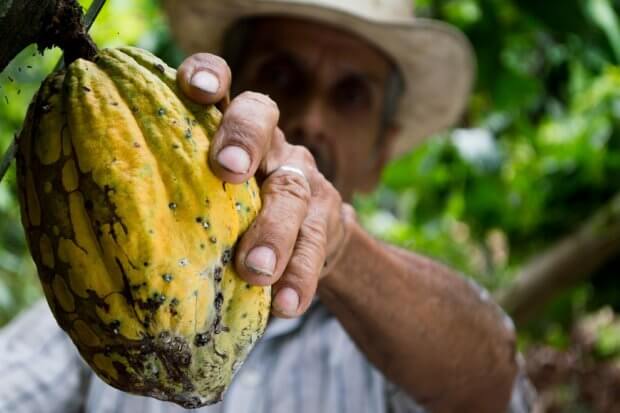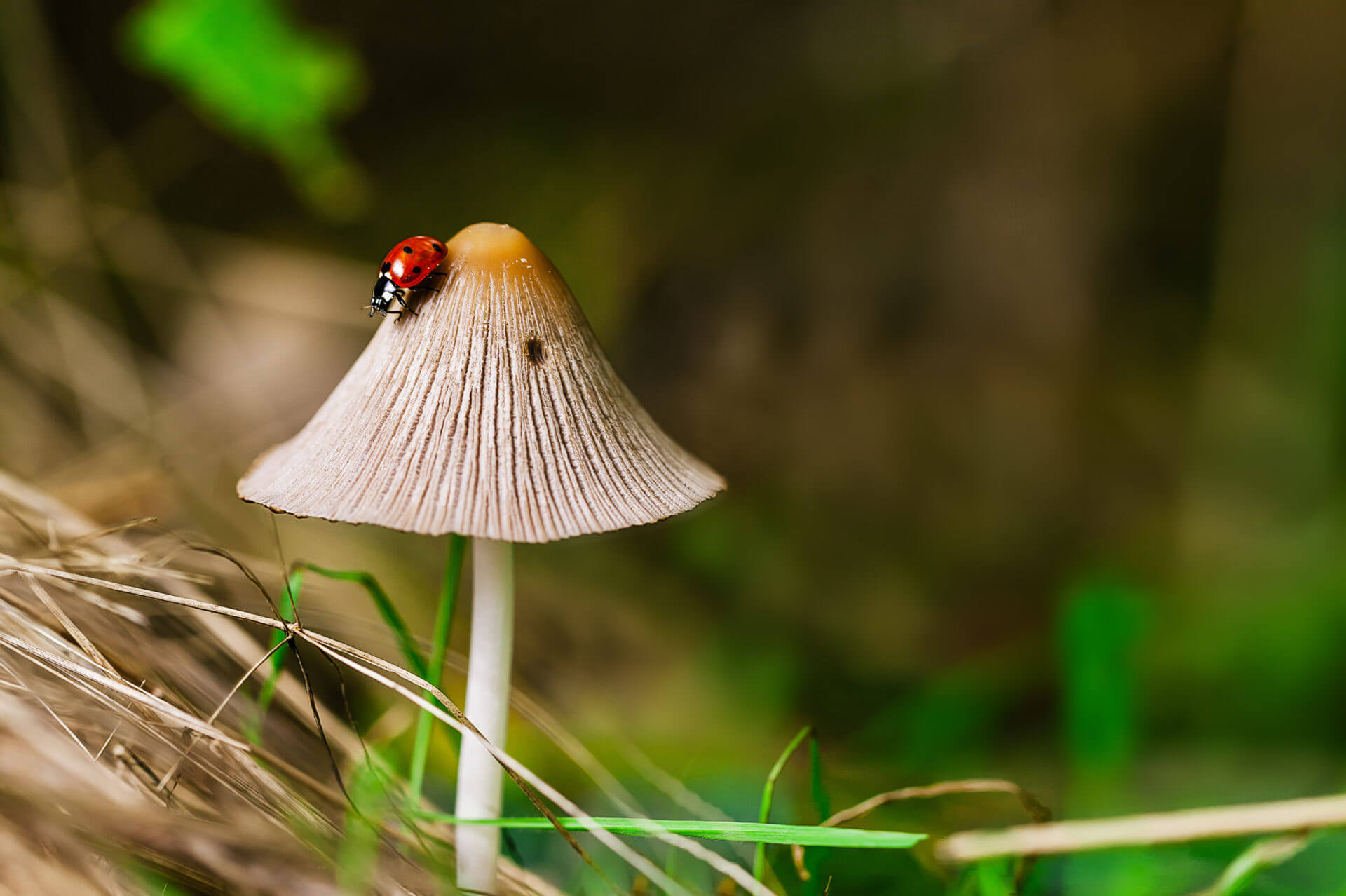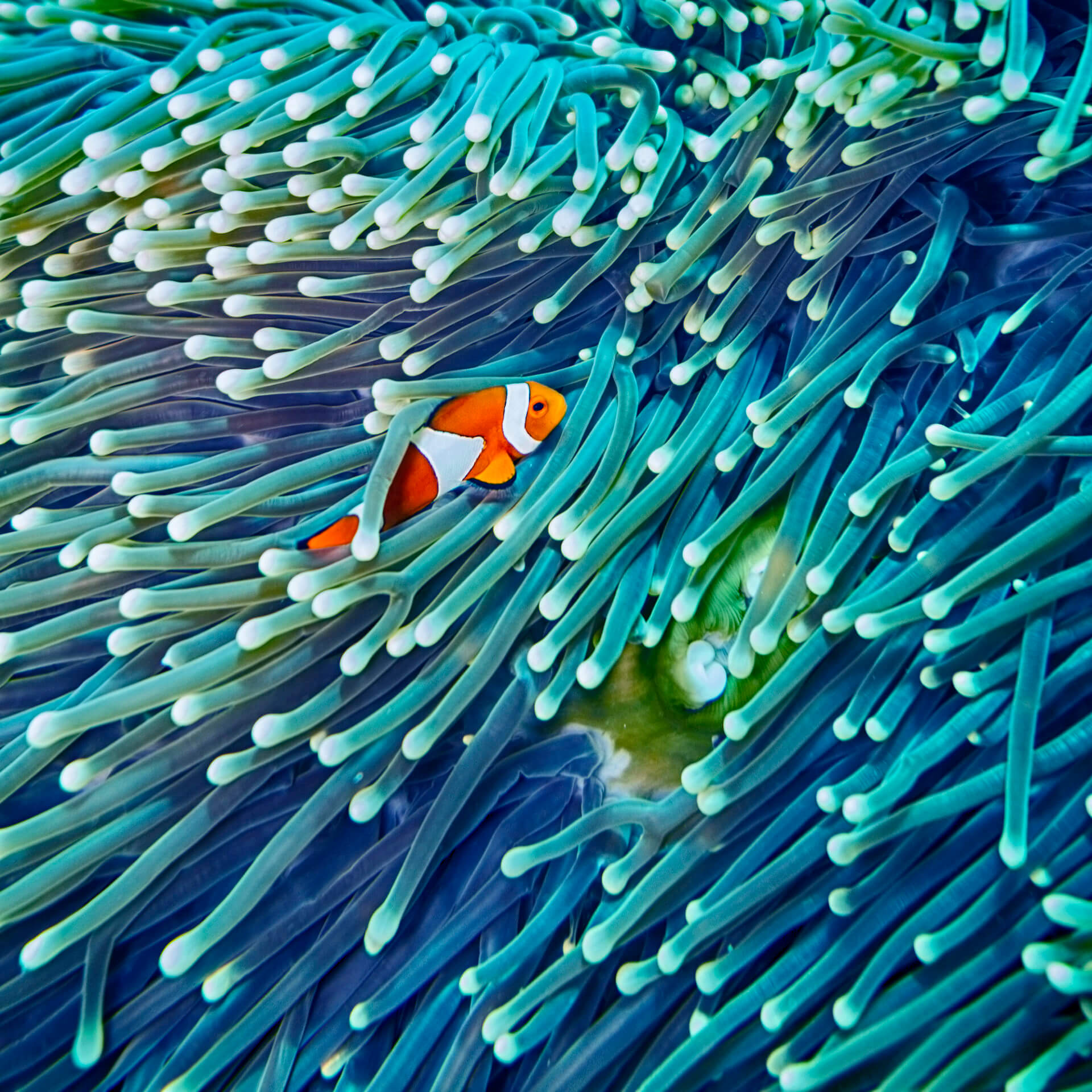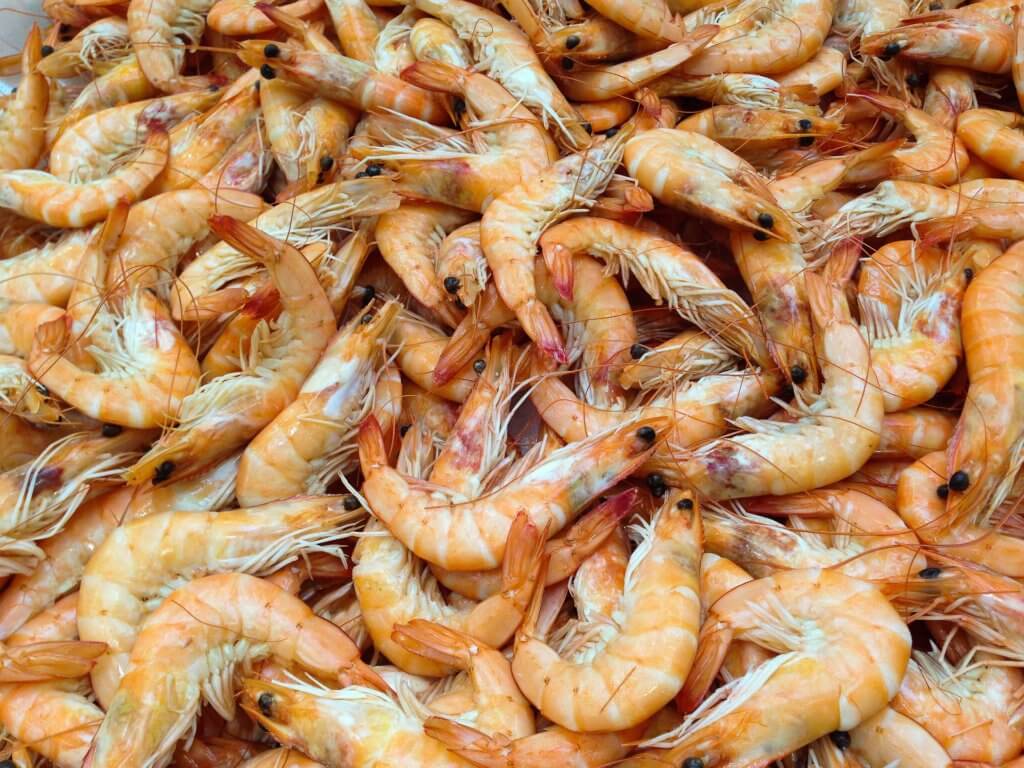
Shrimp at will : doom for biodiversity
Shrimp, scampi or prawns have long been rare, refined and expensive. But nowadays, their consumption has skyrocketed; in the world, it is estimated that by 2023, about 6 million tons of shrimp per year will be consumed! In the last 20 years, the production has been multiplied by 9. A boom that severely damages biodiversity.
Shrimp is the product of the sea that travels the most in terms of kilometers before reaching our plates. They mostly come from China, Thailand, Indonesia, India, Vietnam, Brazil, Ecuador or even Bangladesh. Over half of the shrimp we consume come from aquaculture, the rest is fished at sea. Two types of production that each have their own impact on biodiversity.
As for many other products of the sea, shrimp are victims of overfishing. According to the WWF, only a few zones located in Australia and Mexico use fishing methods that respect the threshold of renewal of the species. Shrimp trawling is the type of fishing that generates the most bycatch: up to ten kilos of fish, turtles and other catches for only one kilo of shrimp in tropical zones. The nets scrape the seabed, and bring about huge damage on the ecosystems of the seafloor.
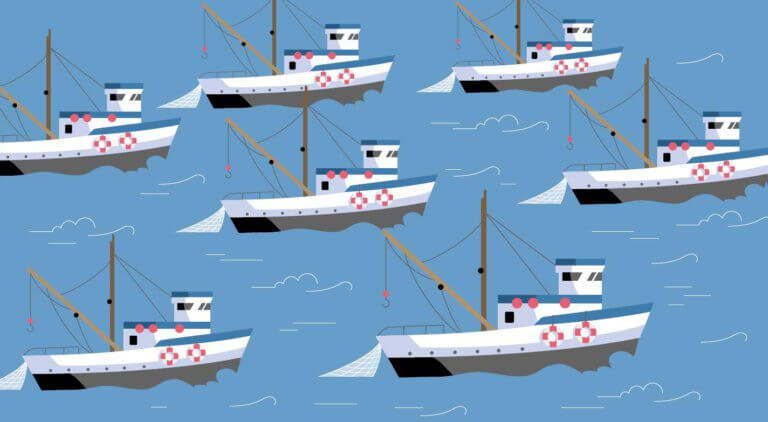
The damages caused by shrimp farming are also multiple. Farms are located on the seashore and can lead to destruction of rich ecosystems: estuaries, salt marshes, swamps or mangroves. These ecosystems also play a vital role for the terrestrial and marine fauna alike: they are essential zones of reproduction, feeding and migration for several species of fish, crustaceans and birds. If shrimp production isn’t the only cause, we estimate that it is an important factor of disappearance of mangroves. The FAO estimates that there has been a worldwide loss of 26% of mangrove surface area since 1980. For South America, this rate is about 50% and for Singapore over 80%!
Shrimp aquaculture is also a source of pollution of the marine sector and the surrounding groundwaters. Finally, the density of population of farmed shrimp and their weak genetics promote the spread of diseases, including towards wild crustaceans.
A sad truth when you’re a gourmet. It is preferable to limit your consumption of shrimp, small or big. It must remain an exceptional dish. Prioritize shrimp labeled by the Aquaculture Stewardship Council and MSC, and savor local seafood during an escapade to the seashore, wherever it be in the world.
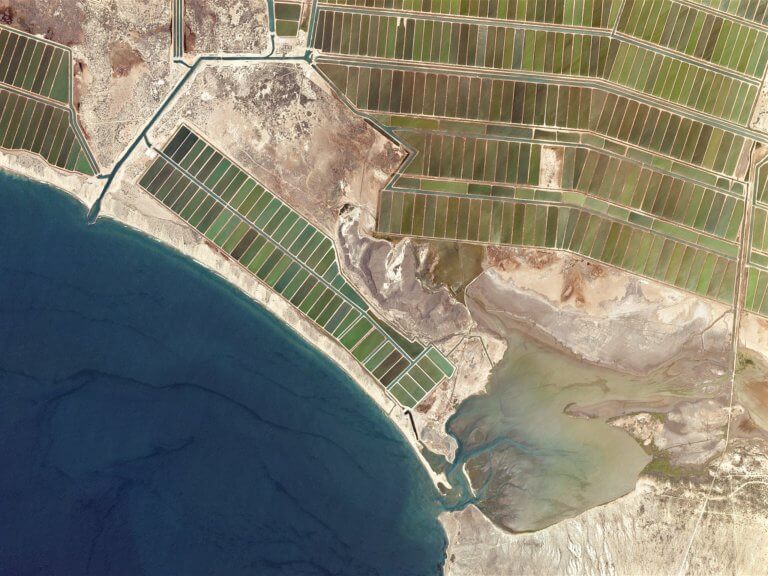
Actus Associés

Regenerative development and design: improving governance, innovation and planetary health
Humans have pushed several planetary boundaries out of their safe operating space and inequalities within and between countries are rising… Our current societal and environmental challenges require a meta-response. This is what Regenerative Development and Design (RDD) aims to bring.
See more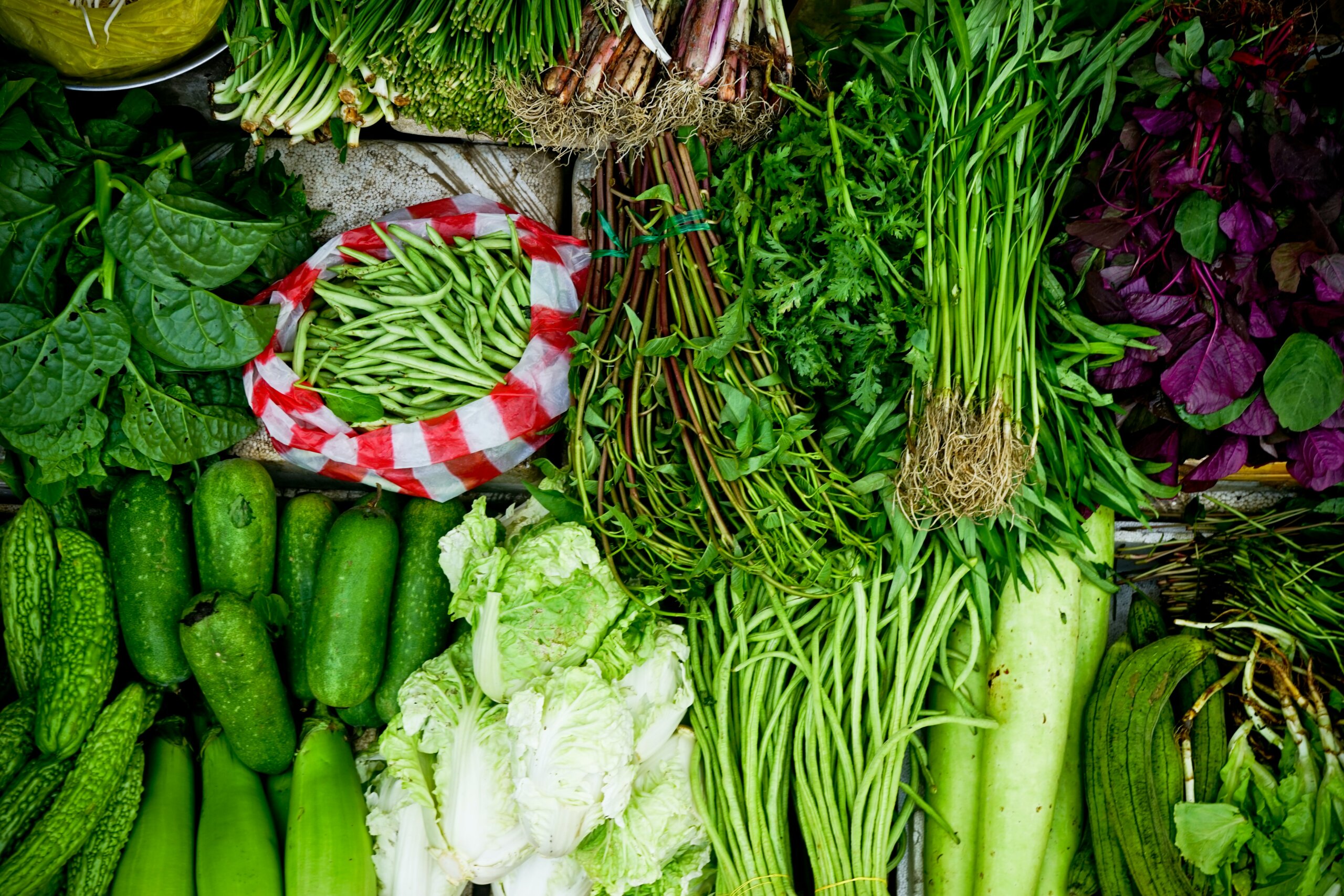
Save biodiversity by eating better
Our food choices have significant effects on biodiversity and ecosystems, but also on our health. Among other things, intensive meat production is responsible for the destruction of many ecosystems around the world and excessive meat consumption is a source of various diseases. Yet demand is growing on an increasingly populated planet with limited natural resources. As individuals, do we have a role to play in mitigating this trend in a globalised world? The answer is yes!
See more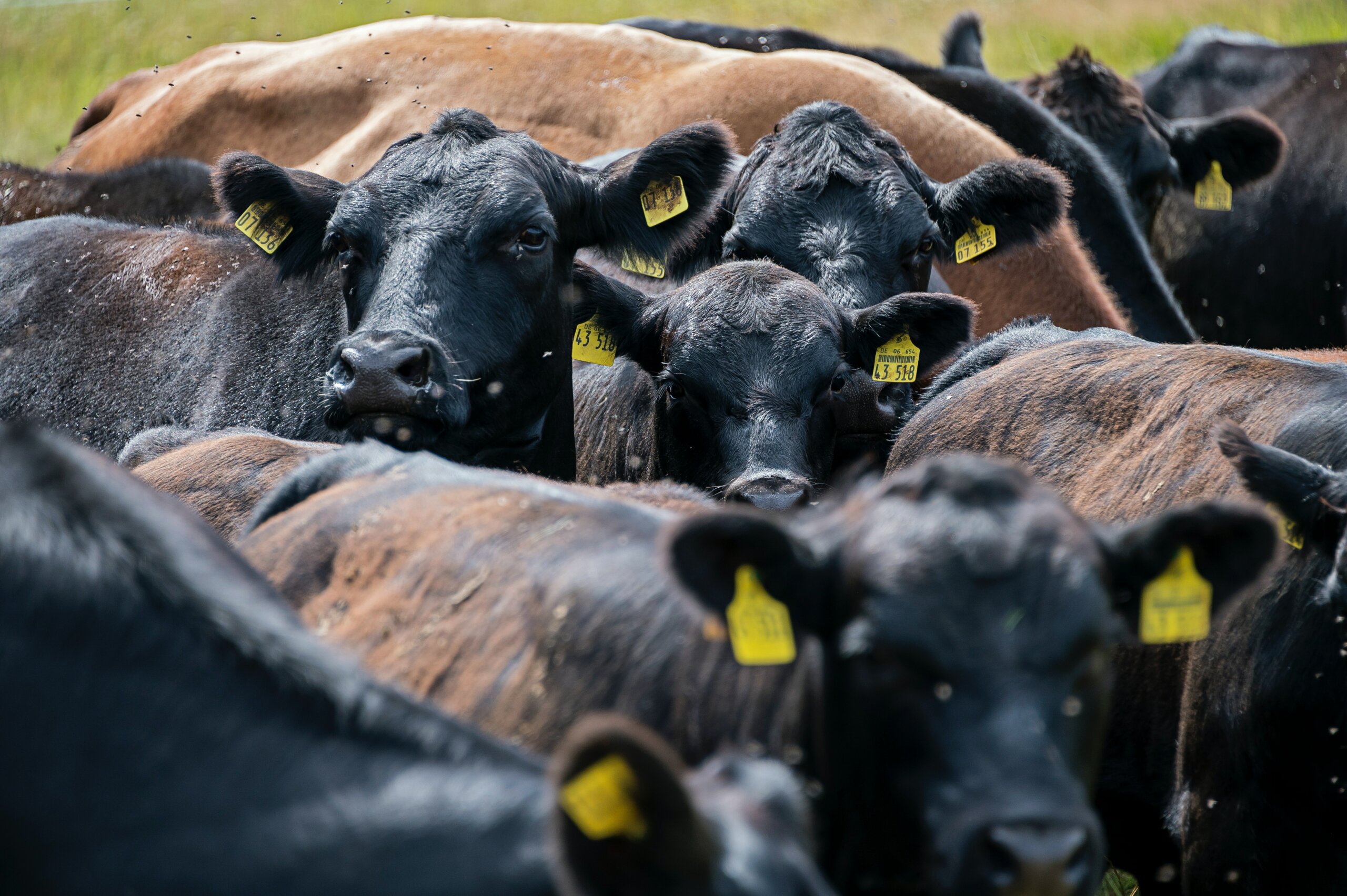
A very meaty diet: what consequences for biodiversity?
Did you know that, in the European Union, the food industry is the main cause of environmental damage, followed by housing and mobility?[1] Although many consumers are aware of this, we tend to underestimate the effects of our eating habits on the environment.[2] While this is not good news, it does mean that our choices can make a real difference. But can we really protect biodiversity at mealtimes?
See more

